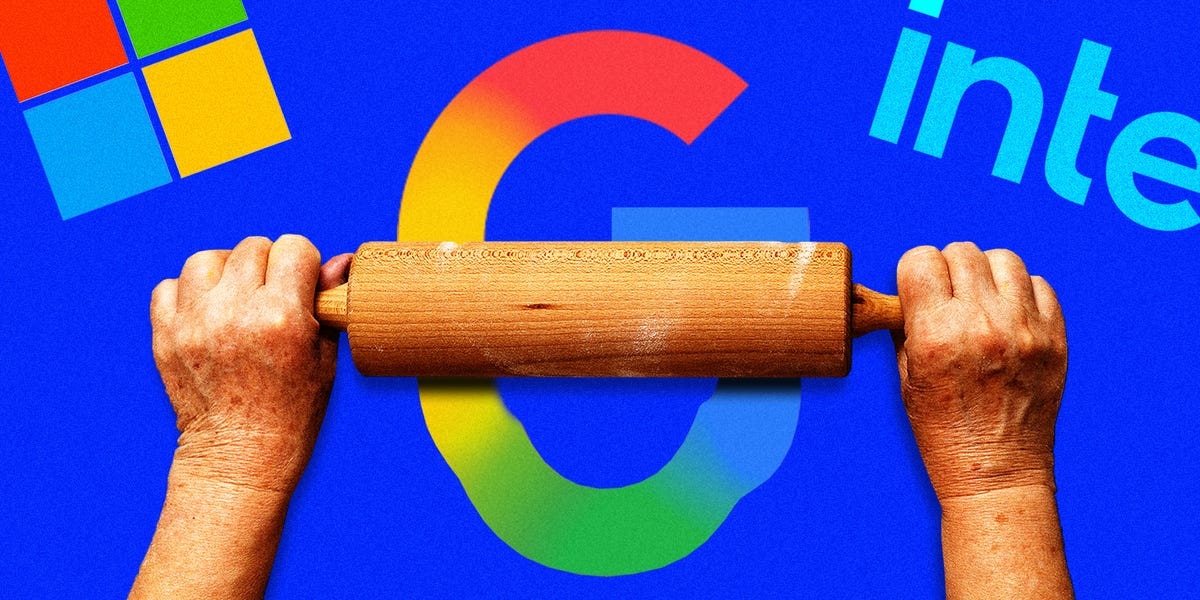How Big Tech is Reshaping the Landscape of Modern Business
Over the past decade, Big Tech firms—Amazon, Apple, Google, Meta, and Microsoft—have expanded beyond their core industries, fundamentally altering how businesses operate and consumers behave. With their vast resources, data dominance, and technological innovations, these companies now influence everything from retail and healthcare to finance and entertainment. As traditional industries struggle to adapt, experts warn of both unprecedented opportunities and growing concerns over market concentration.
The Expanding Influence of Big Tech
Big Tech’s reach now extends far beyond software and hardware. Amazon controls nearly 38% of the U.S. e-commerce market, while Google and Meta account for over 60% of global digital ad revenue. Apple’s App Store and Google Play dominate mobile app distribution, taking a 30% cut from developers—a point of contention in ongoing antitrust lawsuits. Meanwhile, Microsoft’s Azure and Amazon Web Services (AWS) power 51% of the world’s cloud infrastructure.
“These companies have become the invisible backbone of modern commerce,” says Dr. Elena Rodriguez, a digital economist at MIT. “Their algorithms decide what products you see, their platforms host your business, and their policies determine your reach.”
Disrupting Traditional Industries
From small retailers to multinational banks, no sector remains untouched. Consider these key disruptions:
- Retail: Amazon’s logistics network and AI-driven recommendations have forced brick-and-mortar stores to adopt omnichannel strategies or face obsolescence.
- Finance: Apple Pay and Google Wallet processed over $500 billion in transactions in 2023, pressuring traditional banks to accelerate digital transformation.
- Healthcare: Google’s AI diagnostics and Amazon’s PillPack pharmacy signal Big Tech’s push into a $4 trillion industry.
However, critics argue this expansion stifles competition. “When a single company controls both the marketplace and the data flowing through it, innovation suffers,” warns antitrust lawyer Mark Harris.
The Data Advantage: A Double-Edged Sword
Big Tech’s most potent weapon is data. Google processes 8.5 billion daily searches, while Meta’s platforms track user behavior across 3 billion active accounts. This data fuels hyper-targeted advertising, personalized services, and predictive analytics—tools smaller competitors lack.
Yet, scandals like Cambridge Analytica and rising regulatory scrutiny highlight the risks. The EU’s Digital Markets Act (DMA), enacted in 2023, aims to curb anti-competitive practices by requiring data-sharing and interoperability. “The pendulum is swinging toward accountability,” notes Rodriguez.
Future Outlook: Regulation and Adaptation
Governments worldwide are stepping in. The U.S. Federal Trade Commission (FTC) filed suits against Meta and Amazon in 2024, while China fined Tencent $400 million for antitrust violations. Meanwhile, businesses must adapt or collaborate:
- For startups: Leveraging AWS or Google Cloud can reduce costs but risks dependency.
- For legacy firms: Partnerships, like Walmart’s tie-up with Microsoft, offer a survival path.
The next decade will likely see tighter regulations, but Big Tech’s role as a business catalyst—and disruptor—is irreversible. As Harris puts it, “The question isn’t whether they’ll dominate, but how society balances their power with fair competition.”
For insights on navigating this shifting landscape, explore our guide on competing in a Big Tech-driven economy.
See more Business Focus Insider Team

